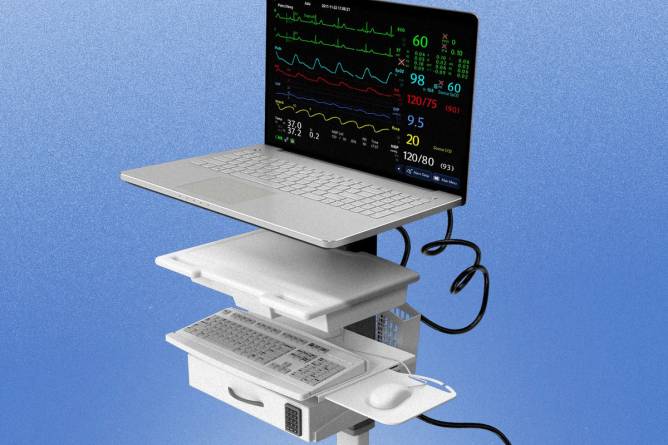|
Uber Health is hitting the gas on bringing healthcare to patients.
The nonemergent medical transportation market is rapidly growing, driven by need from older patients as well as patients with disabilities and chronic conditions. In fact, it’s predicted to hit more than $15.6 million by 2028, according to a November report from private equity research firm Insight Partners. For comparison, the market was worth $10 million in 2023.
Uber Health is contributing to this growth by driving patients to appointments and providing delivery services.
Through its B2B platform, the company works with providers and nonemergent medical transport brokers, like Modivcare, to integrate Uber Health’s services into their offerings. It also offers over-the-counter medication, prescription, and grocery delivery to patients’ homes. These services are paid for by health plans, Flex cards, or through the provider itself, according to Zach Clark, global general manager at Uber Health.
Clark sat down with Healthcare Brew during this year’s CES to discuss Uber Health’s mission and long-term goals.
Keep reading here.—CM
|








